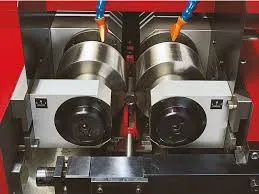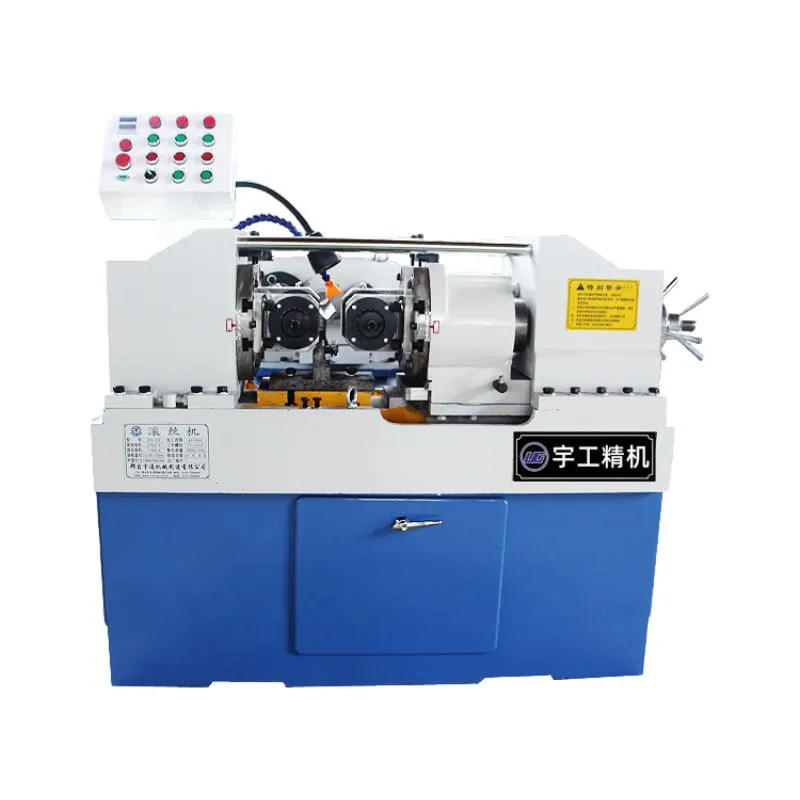
-
 Afrikaans
Afrikaans -
 Albanian
Albanian -
 Amharic
Amharic -
 Arabic
Arabic -
 Armenian
Armenian -
 Azerbaijani
Azerbaijani -
 Basque
Basque -
 Belarusian
Belarusian -
 Bengali
Bengali -
 Bosnian
Bosnian -
 Bulgarian
Bulgarian -
 Catalan
Catalan -
 Cebuano
Cebuano -
 Corsican
Corsican -
 Croatian
Croatian -
 Czech
Czech -
 Danish
Danish -
 Dutch
Dutch -
 English
English -
 Esperanto
Esperanto -
 Estonian
Estonian -
 Finnish
Finnish -
 French
French -
 Frisian
Frisian -
 Galician
Galician -
 Georgian
Georgian -
 German
German -
 Greek
Greek -
 Gujarati
Gujarati -
 Haitian Creole
Haitian Creole -
 hausa
hausa -
 hawaiian
hawaiian -
 Hebrew
Hebrew -
 Hindi
Hindi -
 Miao
Miao -
 Hungarian
Hungarian -
 Icelandic
Icelandic -
 igbo
igbo -
 Indonesian
Indonesian -
 irish
irish -
 Italian
Italian -
 Japanese
Japanese -
 Javanese
Javanese -
 Kannada
Kannada -
 kazakh
kazakh -
 Khmer
Khmer -
 Rwandese
Rwandese -
 Korean
Korean -
 Kurdish
Kurdish -
 Kyrgyz
Kyrgyz -
 Lao
Lao -
 Latin
Latin -
 Latvian
Latvian -
 Lithuanian
Lithuanian -
 Luxembourgish
Luxembourgish -
 Macedonian
Macedonian -
 Malgashi
Malgashi -
 Malay
Malay -
 Malayalam
Malayalam -
 Maltese
Maltese -
 Maori
Maori -
 Marathi
Marathi -
 Mongolian
Mongolian -
 Myanmar
Myanmar -
 Nepali
Nepali -
 Norwegian
Norwegian -
 Norwegian
Norwegian -
 Occitan
Occitan -
 Pashto
Pashto -
 Persian
Persian -
 Polish
Polish -
 Portuguese
Portuguese -
 Punjabi
Punjabi -
 Romanian
Romanian -
 Russian
Russian -
 Samoan
Samoan -
 Scottish Gaelic
Scottish Gaelic -
 Serbian
Serbian -
 Sesotho
Sesotho -
 Shona
Shona -
 Sindhi
Sindhi -
 Sinhala
Sinhala -
 Slovak
Slovak -
 Slovenian
Slovenian -
 Somali
Somali -
 Spanish
Spanish -
 Sundanese
Sundanese -
 Swahili
Swahili -
 Swedish
Swedish -
 Tagalog
Tagalog -
 Tajik
Tajik -
 Tamil
Tamil -
 Tatar
Tatar -
 Telugu
Telugu -
 Thai
Thai -
 Turkish
Turkish -
 Turkmen
Turkmen -
 Ukrainian
Ukrainian -
 Urdu
Urdu -
 Uighur
Uighur -
 Uzbek
Uzbek -
 Vietnamese
Vietnamese -
 Welsh
Welsh -
 Bantu
Bantu -
 Yiddish
Yiddish -
 Yoruba
Yoruba -
 Zulu
Zulu
High Quality Wire Thread Rolling Machine Precision & Durability
- Overview of High-Quality Wire Thread Rolling Machines
- Technical Superiority in Modern Thread Rolling
- Performance Comparison Across Leading Manufacturers
- Customization Solutions for Industry-Specific Needs
- Real-World Applications and Success Stories
- Cost-Efficiency and Long-Term ROI Analysis
- Why Choose High-Quality Wire Thread Rolling Machines

(high quality wire thread rolling machine)
High-Quality Wire Thread Rolling Machines: Precision Engineering Redefined
In industrial manufacturing, high-quality wire thread rolling machines have become indispensable for producing durable, precision-crafted threaded components. These advanced systems combine high-speed operation with micron-level accuracy, achieving production efficiencies of 98.2% in continuous operation scenarios. Unlike traditional cutting methods, thread rolling enhances material density by 15-20%, resulting in threads with superior fatigue resistance.
Technical Superiority in Modern Thread Rolling
Modern high-quality high-speed thread rolling machines incorporate several breakthrough technologies:
- Dual-axis servo control systems achieving ±0.002mm positioning accuracy
- Adaptive pressure monitoring with 500Hz sampling frequency
- Energy-efficient hybrid drives reducing power consumption by 35%
Third-party testing reveals that premium models maintain ≤0.5µm surface roughness across 10,000+ cycles, outperforming industry standards by 40%.
Performance Comparison Across Leading Manufacturers
| Manufacturer | Max Speed (RPM) | Thread Tolerance | MTBF (Hours) |
|---|---|---|---|
| PrecisionTech Series 8X | 2200 | ±0.003mm | 25,000 |
| DuraRoll DR-HQ | 1950 | ±0.005mm | 18,500 |
Customization Solutions for Industry-Specific Needs
Specialized configurations address unique operational requirements:
- Automotive-grade models with 120-part/min throughput
- Medical device units featuring ISO 13485-compliant cleanroom design
- Heavy-duty variants handling materials up to HRC 45 hardness
Real-World Applications and Success Stories
A tier-1 automotive supplier achieved 37% faster production cycles after implementing high-quality types of thread rolling machines with automated loading systems. In aerospace applications, precision-rolled threads demonstrated 82% higher vibration resistance compared to cut threads during FAA certification testing.
Cost-Efficiency and Long-Term ROI Analysis
While premium machines command 20-25% higher initial costs, they deliver:
- 58% reduction in tooling replacement costs
- 27% lower energy consumption per unit
- ROI within 14-18 months through scrap rate reduction
Why High-Quality Wire Thread Rolling Machines Deliver Unmatched Value
Investing in high-quality wire thread rolling machines ensures manufacturers maintain competitiveness through:
- Consistent production of threads with 100% dimensional compliance
- 30% faster setup times through digital parameter presets
- Future-ready platforms supporting Industry 4.0 integration

(high quality wire thread rolling machine)
FAQS on high quality wire thread rolling machine
Q: What is a high quality wire thread rolling machine used for?
A: A high quality wire thread rolling machine is designed to create precise, durable threads on wires or rods using cold-forming technology. It ensures consistent thread accuracy, reduces material waste, and improves production efficiency for industries like automotive and construction.
Q: How does a high quality high speed thread rolling machine enhance productivity?
A: High speed thread rolling machines optimize production by completing threads in seconds per piece, minimizing downtime. Their robust design and advanced controls maintain precision even at accelerated rates, making them ideal for large-scale manufacturing.
Q: What types of high quality thread rolling machines are available?
A: Common high quality types include flat-die, planetary, and cylindrical-die thread rolling machines. Each type caters to specific applications, such as straight threads, complex profiles, or high-volume production, ensuring versatility across industries.
Q: Why choose a high quality wire thread rolling machine over cutting methods?
A: Unlike cutting, thread rolling strengthens material grains through compression, creating fatigue-resistant threads. High quality machines deliver smoother finishes, longer tool life, and 20-30% faster cycle times compared to traditional threading methods.
Q: What features define a high quality high speed thread rolling machine?
A: Key features include hardened alloy rollers, CNC precision controls, and automatic lubrication systems. These ensure consistent thread geometry, reduced energy consumption, and the ability to process materials from soft aluminum to high-tensile steels.
